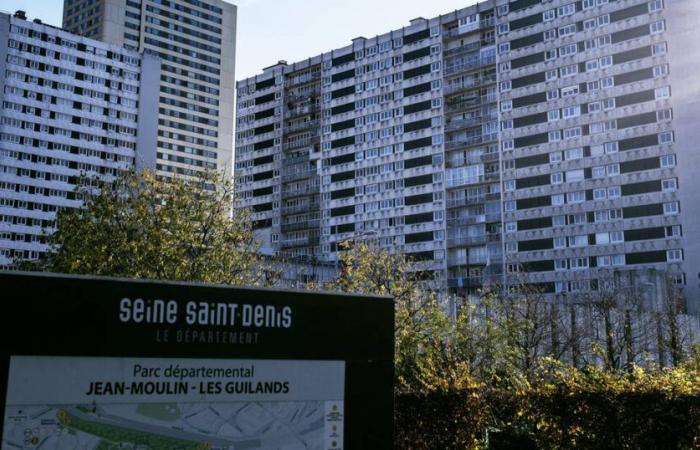Do more and better: this has been, for two years, the objective of the Seine-Saint-Denis department in terms of professional integration. The system entitled “New Deal on Integration” marks a turning point in the management of active solidarity income (RSA) and the support of its beneficiaries towards employment. By launching it on December 1, 2022, the department was one of the first in France to obtain a recentralization of the RSA for a period of five years. This system makes it possible to transfer the burden of financing the allocation to the State, thus relieving the department of this significant expense.
In 2020, the RSA represented “more than a quarter of the community’s operating expenses”recalled the president of the departmental council, Stéphane Troussel, via a note from the Jean-Jaurès Foundation in which he denounced a “budgetary asphyxiation”. Thanks to some 22 million additional euros in the budget, Mélissa Youssouf, vice-president of the department in charge of integration, the social and solidarity economy and European funds, explains that the community was keen to make “a qualitative leap” in supporting RSA recipients.
Personalized support
Seine-Saint-Denis is far from being a department like any other. It is one of the youngest and most densely populated in the country, but also the one with the highest poverty rate. Among the almost 100,000 RSA recipients (for 1.6 million inhabitants), some have a profile that is very far from employment. It is in this context that the recentralization of the RSA offers intensive support systems. Thanks to this new financial windfall, the department can better “consider people in their wholeness and their uniquenessexplains Mélissa Youssouf, so that there is truly fairness” with other territories which do not experience the same problems as Seine-Saint-Denis.
Twenty-two local integration agencies (ALI) have opened their doors to offer RSA beneficiaries personalized support. These agencies, where professional integration advisors, psychologists and social workers collaborate, make it possible to “detect brakes” return to employment and unblock situations, explains Mérita Selimi, director of the Aurore association in Seine-Saint-Denis, and head of three of these ALIs. The issue of early childhood is one of the key examples of these obstacles: the lack of places in crèches is a major difficulty, recalls Mélissa Youssouf.
Remobilization sessions allow beneficiaries to regain self-confidence, and company immersions help them re-enter the world of work. The Aurore association and the ALIs in general have forged a network of partner companies and training centers, which makes it possible to offer concrete solutions to the beneficiaries monitored, but also to have a good understanding of their progress. Cooperation with providers focused on self-esteem is also crucial to the success of these ALIs. “In Livry-Gargan, we had a day where a hairdresser, a physiotherapist and lots of doctors were invited to put well-being at the center of the equation,” says Mérita Selimi. Another time, it was a photographer who came: thanks to this initiative, “people felt beautiful, highlighted”which is not trivial in a reintegration process.
“Break the violence of the wicket”
Monitoring is also reinforced: beneficiaries are supported by a single referent throughout their journey. “In ALIs, where everyone knows each other by name, each advisor follows between 90 and 100 beneficiaries”explains Merita Selimi. “This also allows us to break this violence at the counter”adds Mélissa Youssouf. Thus, monitoring is done once every two months: this is much more than previous systems, where professionals could only meet beneficiaries once a year, and even then. “More intensive monitoring is bearing fruit”rejoices the departmental director of Aurore. In just two years, “the Livry-Gargan agency can already boast of returns to employment of around 25 to 30%”she explains.
In 2027, the five-year RSA recentralization agreement will come to an end. What will happen to the New Integration Deal? Mérita Selimi is optimistic about a possible renewal of the system. She believes in particular that the ALIs will have a key role to play, particularly during the implementation of the fifteen hours of compulsory activities for RSA recipients. The New Deal on integration has also been implemented in several other departments, including Ariège and the Pyrénées-Orientales.






